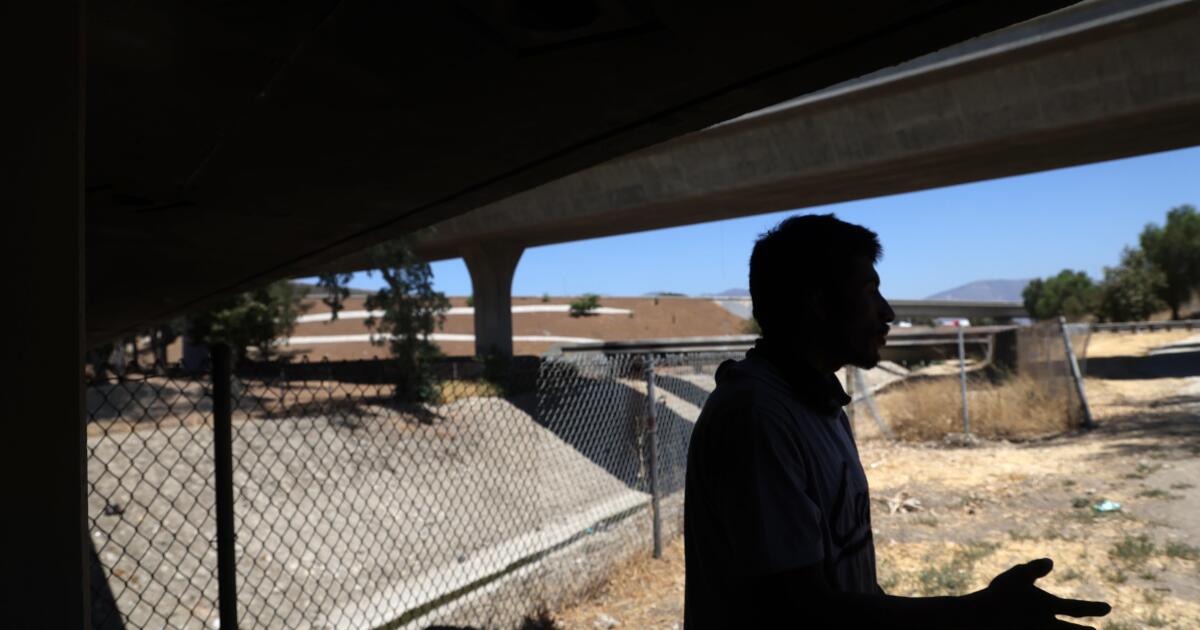Liz Driscoll loves adventure, meeting new people, and trying new foods. And she’s always ready to learn new skills and gain new knowledge that will help her in her role as a youth development specialist in NC State University’s College of Agriculture and Life Sciences. When the opportunity to travel to Kenya came along, she decided to dive headfirst into a growing CALS program called CREdO.
Driscoll was one of six faculty members who traveled to the African country in May with representatives from CALS’s Office of International Programs. The goal of the five-day trip was to develop partnerships that address local and national challenges in Kenya through research, education and consulting.
The trip was part of the college’s Connecting Research, Education and Outreach (CREdO) partnership with Kenyan government agencies and two universities and was a follow-up to last fall’s East Africa Symposium. The symposium brought several Kenyan faculty members and researchers to Raleigh to discuss collaborative research and capacity building with their NC State counterparts.
The visit to Kenya in May was a response to that meeting. The CALS faculty members who traveled with us had a wide range of expertise, from irrigation and aquaculture to human and animal nutrition.
“What else is possible?”
Driscoll, of NC State Extension, brought 18 years of experience in 4-H youth programming for the Horticultural Science, Crop and Soil Science, and Entomology and Plant Pathology departments to the team.
“I’ve been doing this work for a long time and I feel like I’m at a very good point where I’m asking myself, ‘What else is possible? What’s next?'” she says.
When the opportunity arose to travel to Kenya as part of the CREdO project, she was excited to take part.

“I think we can learn so much from each other,” Driscoll explains. “North Carolina has such a strong Extension system and I’ve seen how things can be successful and where there’s room for growth. So I was excited to bring that Extension experience and perspective to Kenya, where there is a shared willingness and enthusiasm to grow their own Extension program.”
She is quick to add that for her and the rest of the travel team, “it’s never a question of, ‘Let me come with the things I know.’ I’m here because I want to hear what’s going on, and if there are ways we can work on things together, then let’s see what we can do.”
Strengthening communities by investing in youth
While in Kenya, Driscoll was impressed by the interest shown by county governments in rural Kenya to invest in young people and encourage them to stay in their communities as adults.
“It was a validation that we are all working to get young people excited about farming, both as a career opportunity and to ensure everyone has food on the table,” she says.
After visiting Nairobi and rural communities in western Kenya and meeting colleagues from across the CALS field, Driscoll had several ideas for future partnerships. She is particularly interested in partnerships that provide continuing education programs to women farmers and bring fresh produce from local farms to schools.
She also has an idea for a possible youth exchange between North Carolina and Kenya.

Driscoll coordinates the North Carolina Youth Institute, a program of the World Food Prize Foundation that encourages young people to develop innovative solutions to big challenges—”from malnutrition in Myanmar to soil erosion in India, to anything they’re interested in,” as she puts it. She sees opportunities to work with partners at the Kenya Agricultural and Livestock Research Organization (KALRO) to support the foundation’s efforts to establish a Kenyan youth institute.
“I hope that by the time everything is finalized, I’ve reached out to the KALRO partners and asked them if there’s anything we can do to make this happen,” she says. “Does this look like young people from Kenya coming to North Carolina and vice versa? There are lots of opportunities.”
Appreciation of different expertise and perspectives
Driscoll also hopes to encourage other members of the CALS community to get involved in CREdO and other international programs.
To achieve great impact, we need expertise from different program areas and partners with different perspectives.
“I think if there is interest and a willingness to partner, anyone can get involved,” she says. “So if you see a suitable solution and feel like contributing, I think the whole team is very open to it.”
Echoing the ethics of the NC Plant Sciences Initiative, of which she is a member, Driscoll adds, “We cannot solve any of these challenges alone. To have a big impact, we need expertise from different program areas and partners with different perspectives.”





